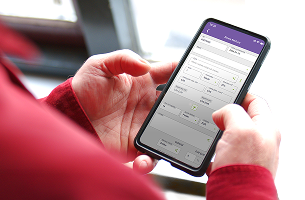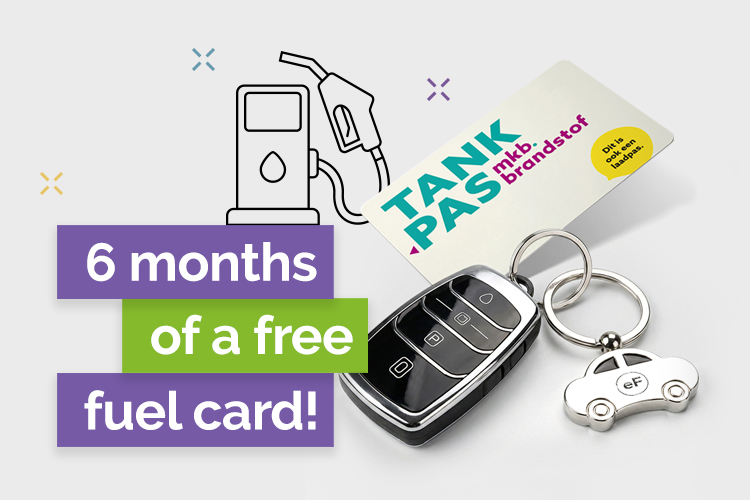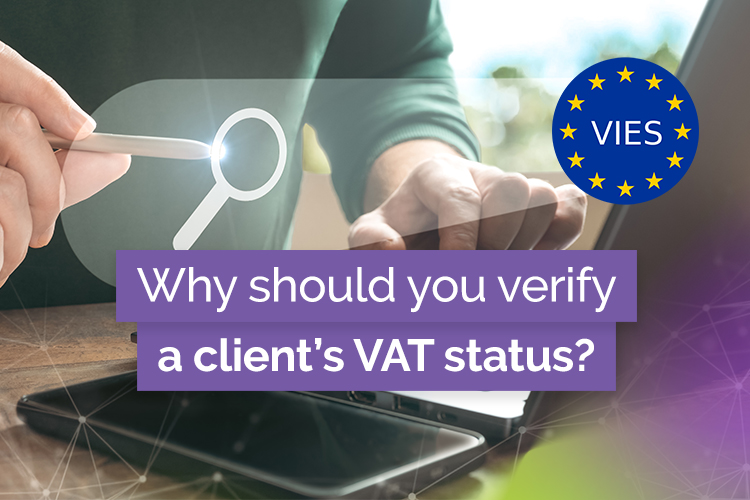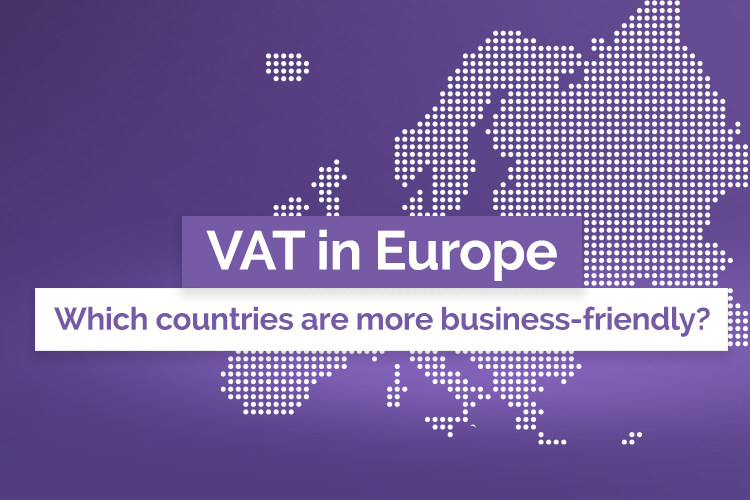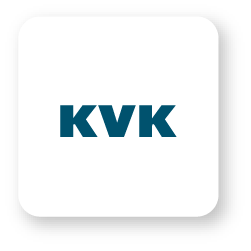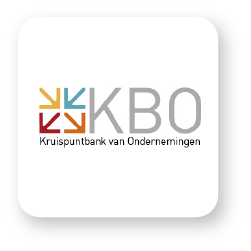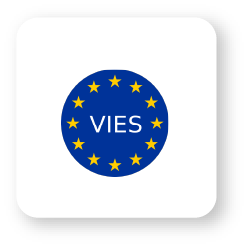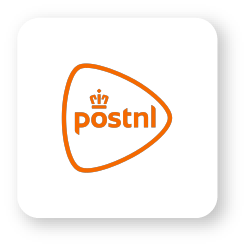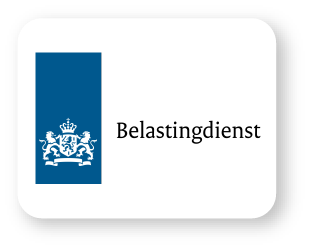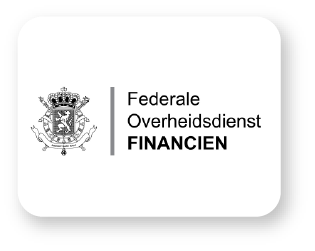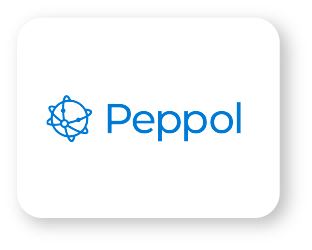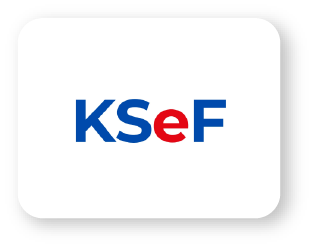Business Customs in the Netherlands.

Conducting business abroad requires knowledge of local rules. If you’re an entrepreneur in the Netherlands or plan to start a business in this country, it’s important that you familiarize yourself with Dutch business etiquette.
In this article, we will look at several key elements of Dutch business culture that will help you communicate effectively and build lasting relationships with clients in this country.
1. Punctuality and Specificity:
The Dutch place great emphasis on punctuality and specificity. Always show up for business meetings at the agreed time and respect your partner’s time, that is, do not extend the conversation. In the Netherlands, even a friend’s birthday party has a designated end time!
When planning a meeting, it is worth preparing well – take care of the appropriate documents, so that you are ready at any time to discuss specific details of cooperation.
You can learn more about a professional quotes for a client HERE.
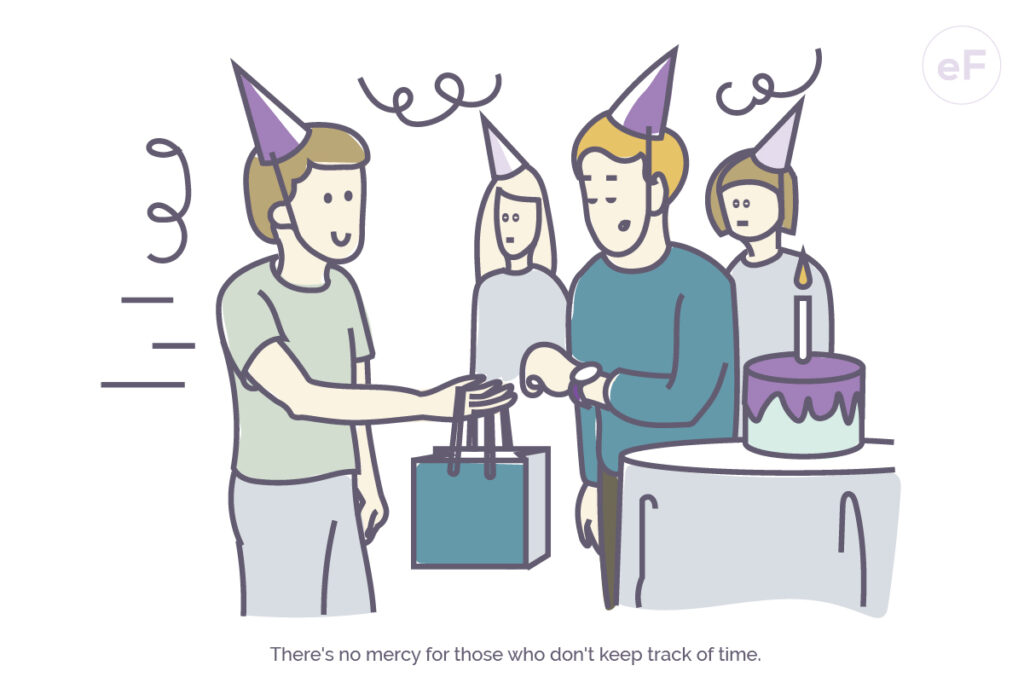
2. Language and communication.
Although most Dutch people speak English perfectly, your client will definitely appreciate it if you know their native language. Initially, it is worth learning a few basic Dutch phrases, such as “good morning” (goedemorgen/goedendag), “thank you” (dank je/dank u wel) and “goodbye” (tot ziens). Maybe you know a funny Dutch phrase?
The Dutch are known for their direct style of communication, so prepare for clear and straightforward conversations, without so-called “beating around the bush”.
You can find some helpful phrases in Dutch in our glossary “From A to ZZP”.
3. Hierarchy and equality in business.
The Netherlands, although a monarchy, is a country with a flattened hierarchy. We recommend looking at photos of members of the royal family who, despite their status, cycle to work. Traditionally, no one here flaunts their position or privileges – even the incumbent Prime Minister combines political duties with his work as a teacher.
This approach also translates into business. It is expected that everyone will be treated equally and with respect, regardless of the function they perform. In practice, it is important to listen to others and give them the opportunity to express their views. The Dutch value openness and straightforwardness, so don’t hesitate to express your opinion.
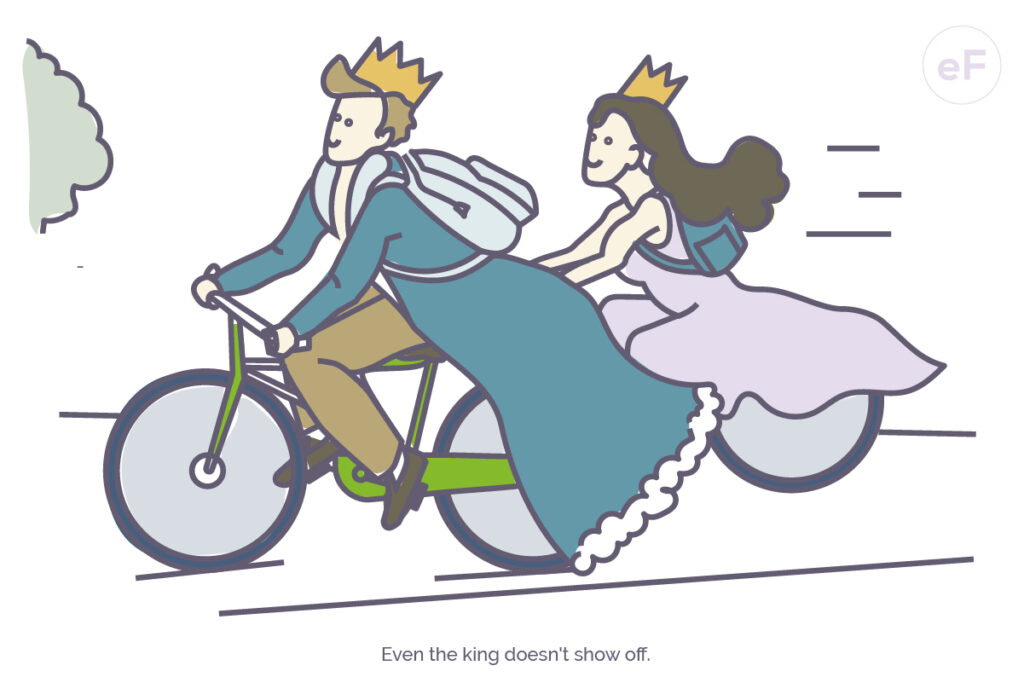
4. Building lasting business relationships.
The Dutch like to do business with people they already know because they value long-term relationships based on mutual trust. Therefore, it is worth investing time in establishing personal contacts. A business meeting with lunch and mandatory time for “chit-chat”, i.e. a short chat about anything and nothing, is definitely a good idea.
5. Trade and negotiation.
The Netherlands has a long tradition of commerce and is rightly considered a country of entrepreneurial people who know how to negotiate effectively.
During negotiations, it is important to present specific and measurable benefits that your business can bring to the other party. The Dutch prefer fact-based negotiations, not emotion-based ones. Prepare for logical arguments and exchange of specific information. Keeping a cool head will surely help you bring negotiations with the Dutch to a satisfactory conclusion.
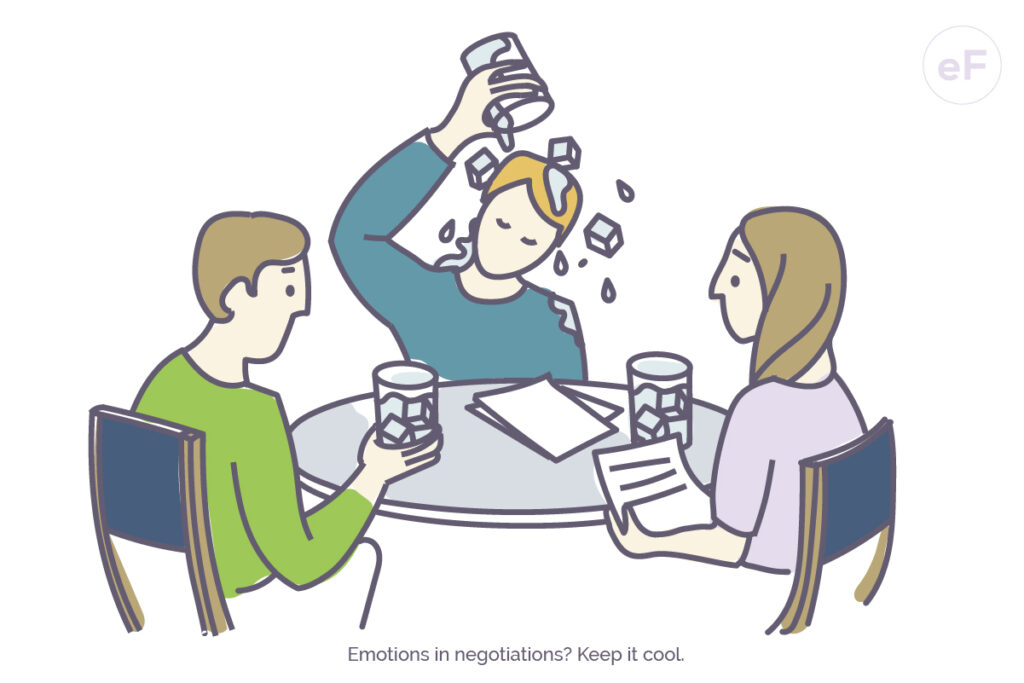
6. Respect for privacy.
A short, non-binding chat is fine, but probing questions about private life – not necessarily. The Dutch attach great importance to privacy. Avoid asking personal questions if they are not relevant to the business context. Remember to maintain professionalism and distance, especially when it comes to a new client.
At first, you’ll need to get a feel for and become accustomed to a business etiquette different from the Polish one. Knowing and understanding Dutch customs and ways will make it easier for you to navigate the winding paths of business arrangements. Use their direct style to your company’s advantage – openly present your own views and substantively pinpoint your advantage. Good luck!
